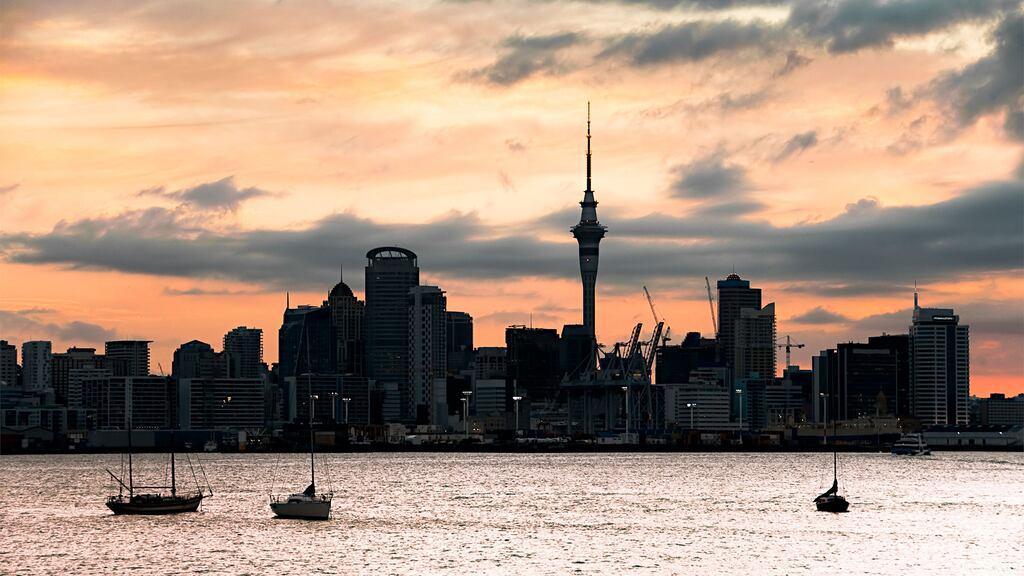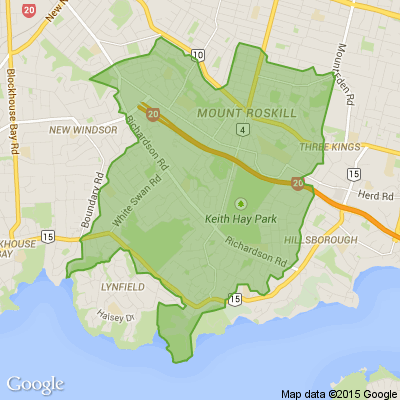Auckland the least-safe city in Australasia
The Committee for Auckland with Deloitte and Tātaki Auckland Unlimited released "the State of the City" report this morning, providing a snapshot of how New Zealand's biggest city is going – and it's not looking good on the safety front.
"Auckland ranks only 124th in safety, marking a three-year decline and positioning it among the lowest-performing peer cities on safety and bottom within Australasia," a statement announcing the results said.
It comes as the new Government has vowed to take a tough approach to crime.
Other weak spots for Auckland included investment innovation and also traffic, which will come as no surprise to some commuters.
"In the innovation area, Auckland's data centre performance falls within the bottom five in the APAC region, despite the growing importance of investment in technology infrastructure.
"The city's traffic performance, measuring commute time, ride dissatisfaction, network inefficiencies, and CO2 emissions, worsened since 2022 with the city in the bottom group of cities Auckland compares with.
"[And] Auckland is 59th out of 183 cities in terms of overall socioeconomic development, and second to last among peer cities."
However, Tāmaki Makaurau does better in other areas.
"Auckland has achieved 5th place for work-life balance out of 25 global cities measured, praised for its relaxed vibe and friendliness.
"It has also reclaimed its spot among the top 30 most student-friendly cities in the world, ranking 29th out of 160 cities," Committee for Auckland director Mark Thomas said.
The report also found that Auckland has been recognised as among the world's top 100 sporting cities, while spending in the city centre by international visitors was above pre-Covid levels for the first time since 2019.
"Auckland is up one place to 9th among the 30 global cities measured for progress embedding the circular economy," the report said.
The report is a collation of recently-published indicators.
===========================================
www.1news.co.nz...
==========================================

Scam Alert: Fake information regarding December Bonuses from MSD
The Ministry of Social Development is reporting that fake information is circulating about new ‘December bonuses’ or ‘benefit increases’
If you get suspicious communication, please contact Netsafe.

Here's wishing you a TERRIFIC and FANTASTIC 2026
Compliments of the Season.
Best wishes for a happy, healthy and prosperous NEW YEAR. I sincerely pray that GOD will bless each one of you and your family with good health, more wealth, endless joy, love and happiness in 2026 and the many many years ahead. STAY BLESSED.










 Loading…
Loading…




